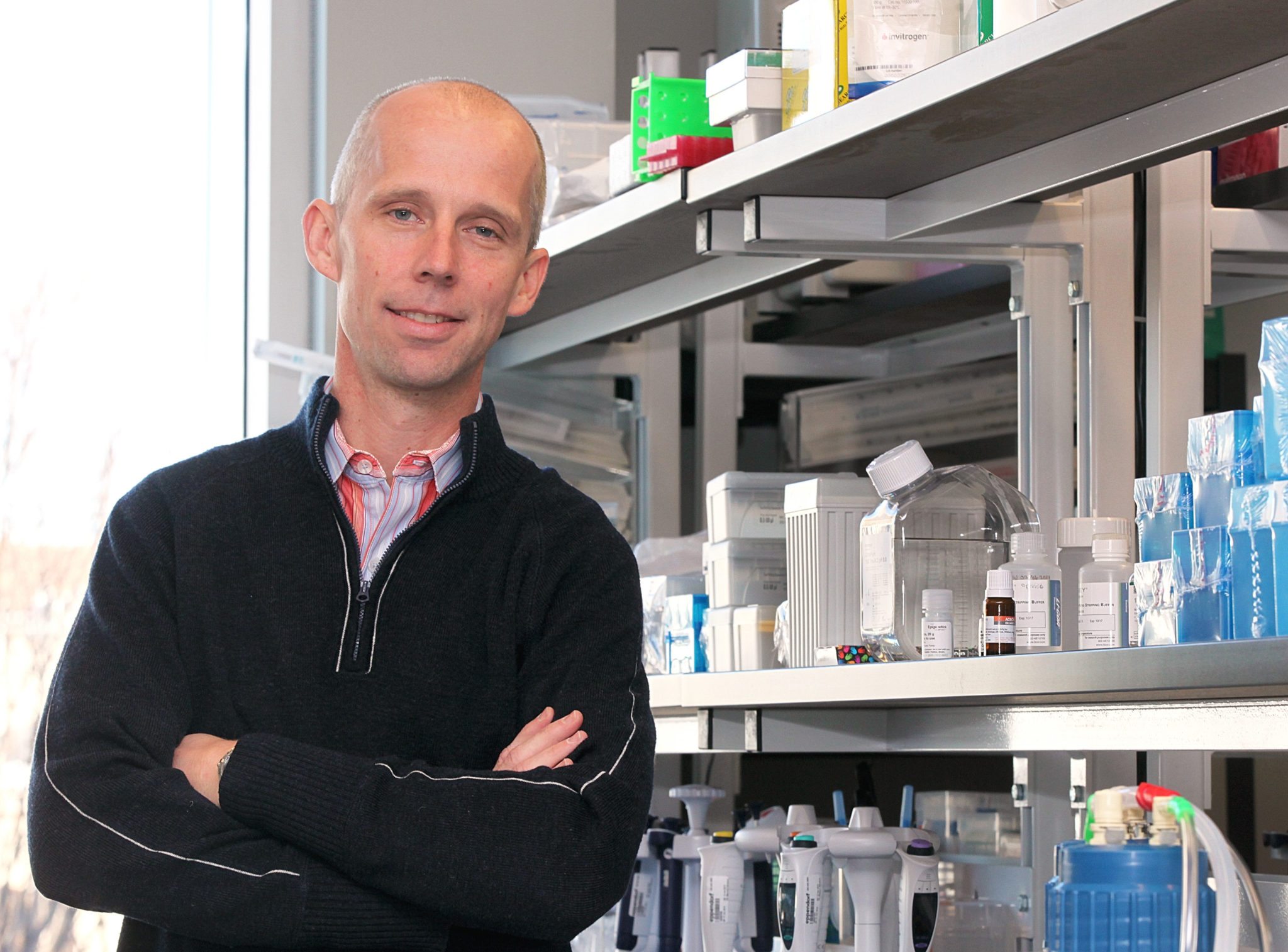
Bluebird has a promising new update on its BCMA CAR-T for multiple myeloma, but is it still the leader?
Nick Leschly / Boston Globe, Endpoints News
Bluebird bio $BLUE unveiled its latest update on its closely-watched BCMA-targeting CAR-T for multiple myeloma today offering a slate of solid evidence that demonstrates the promise that attracted Celgene $CELG to their ambitious collaboration on this drug. But with a rival Chinese group making a splash at ASCO this year, the biotech may be seeing its status as the frontrunner in the field start to fade a bit.
Unlock this article instantly by becoming a free subscriber.
You’ll get access to free articles each month, plus you can customize what newsletters get delivered to your inbox each week, including breaking news.